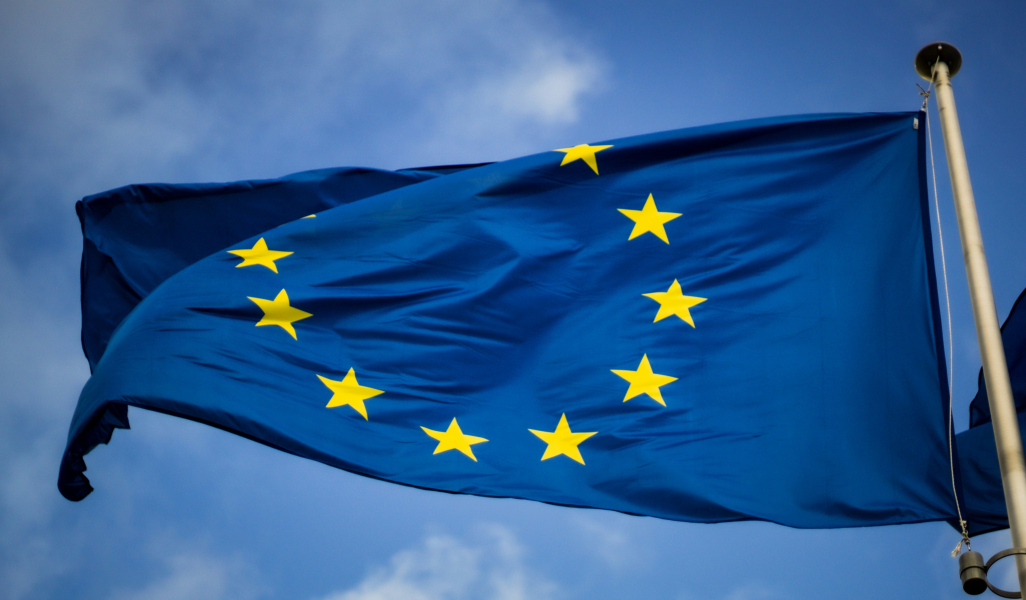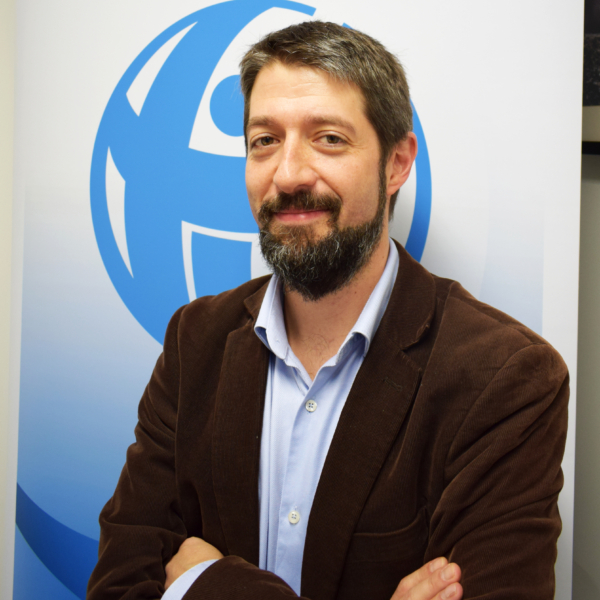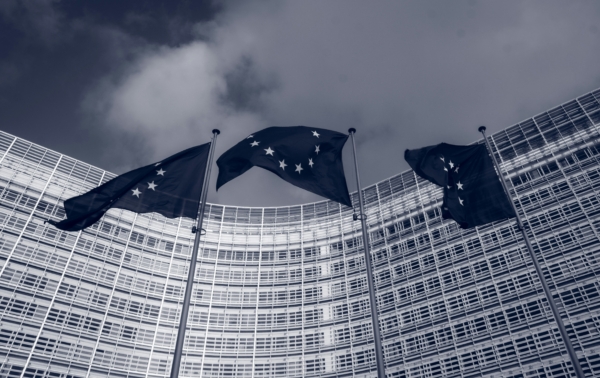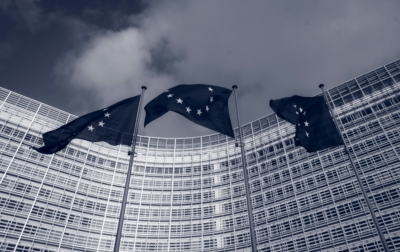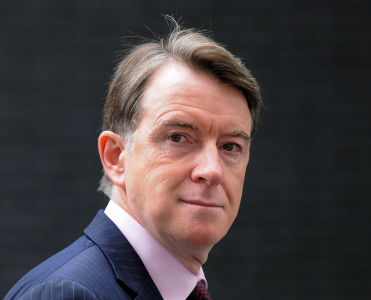As Denmark assumes the Presidency of the Council of the EU today, Transparency International is calling for urgent leadership to revive the stalled EU Anti-Corruption Directive negotiations, after talks broke down last week.
In final trilogue discussions, member states and the European Parliament were unable to agree on core provisions of the Directive, which aims to harmonise corruption offences and penalties across the EU.
While the European Parliament demonstrated real ambition in its amendments to the Commission’s proposal, a few member states have consistently sought to delay the finalisation of the package in an effort to minimise its impact on national laws. Italian representatives, for example, are demanding the removal of abuse of office as a criminal offence from its scope, damaging the attempt at harmonisation of all corruption offences across the Union.
Germany, meanwhile, is obstructing progress across several key areas – rejecting the need for anti-corruption strategies, weakening the obligation to put in place strong and cost-effective tools to prevent corruption in the long term, and limiting the collection of data and statistics on the enforcement of corruption by each member state.
Together, the two countries risk sinking what should be a historic step forward in the EU’s fight against corruption and jeopardising their credibility as future leaders in implementing meaningful anti-corruption reforms.
Kush Amin, Legal Specialist, Transparency International, said:
“Years in the making, the Directive was meant to demonstrate the EU’s leadership in tackling corruption. Instead, it is now paralysed by political resistance that puts the protection of power ahead of public accountability. If the political will isn’t found now, corruption will continue to erode trust, harm communities and undermine democracy across the Union”.
Nick Aiossa, Director of Transparency International EU, said:
“Member states face a clear choice. They can show ambition and push for a strong Directive that delivers real protections for people across the Union, or settle for a compromise that avoids hard truths. This will be a test of Denmark’s leadership – and a chance to prove that upholding integrity still matters in the EU”.
The window for action on the Directive is rapidly closing. As holder of the EU Presidency until the end of the year, Denmark – which ranked first in the latest Corruption Perceptions Index – should prioritise breaking the deadlock and pushing for a credible framework to tackle corruption.
Note to editors:
- Last month, 57 civil society organisations – including 23 Transparency International chapters and partners – published an open letter urging the Council of Ministers and the European Parliament to uphold and strengthen the anti-corruption measures adopted by the Parliament in the proposed EU Anti-Corruption Directive.
- Transparency International’s recent blog about the need for a strong Directive.
- Transparency International’s analysis and recommendations on the proposed EU Anti-Corruption Directive.
